TL;DR
For crane and heavy equipment services, digital marketing is essential for standing out in a competitive landscape. Key strategies include:
- SEO: Improve visibility by targeting industry-specific and location-based keywords.
- PPC: Use paid ads to quickly attract high-quality leads.
- Social Media: Engage with audiences through platforms like LinkedIn, Facebook, and Instagram.
- Content Marketing: Provide educational and informative content to build trust.
- Local SEO: Optimize for local searches and create a strong Google Business Profile.
- Email Marketing: Nurture relationships through personalized campaigns.
- Paid Ads: Capture immediate leads and refine with continuous optimization.
If you’re running a business in heavy equipment or crane services, you already know how much this industry matters. Whether it’s helping to build high-rises, bridges, roads, or supporting massive industrial projects, your work quite literally builds the world around us.
But here’s the harsh truth: even if you have the best cranes, loaders, excavators, or the most experienced operators, none of that matters if your potential customers don’t know you exist. In this day and age, visibility is everything.
In fact, studies show that only 0.63% of Google searchers click on results from the second page. If you’re not ranking on page one, you’re almost invisible to potential customers.
The competition is growing. Buyers now do most of their research online before making a decision. And if you're not showing up where they're looking, you're missing out on contracts, partnerships, and long-term business growth.
This blog will walk you through proven digital marketing strategies designed specifically for crane service companies. We won’t leave you with vague tips; you’ll get clear, actionable advice you can start using today.
Understanding the Crane Services Industry

The heavy equipment and crane services industry touches many sectors: construction, mining, infrastructure, transportation, oil & gas, and more. Companies supply everything from massive tower cranes for urban skyscrapers to excavators digging pipelines to bulldozers shaping new highways.
But this industry has its challenges:
- High capital costs: The equipment is expensive to purchase, operate, and maintain.
- Long product cycles: Unlike consumer goods, sales cycles can take months or years.
- Strict regulations: Safety, environmental, and zoning regulations are becoming more complex.
- Tough competition: New companies enter the market while established players fight for the same projects.
At the same time, digital technologies are transforming how projects are planned and executed. From GPS-controlled machinery to autonomous equipment and telematics, the industry is evolving. Your marketing strategy must evolve as well.
The High Stakes of Ignoring Marketing
Let’s be clear for a second. If you’re not marketing your services, you're essentially invisible. Buyers expect you to have a strong digital presence. No website? No reviews? No visible online content? You won’t even make their shortlist.
Without strong marketing:
- Your visibility drops
- Your lead pipeline dries up
- Competitors grab your potential customers
- You lose out on large, long-term contracts
And the worst part? Your equipment might sit idle even when projects are happening all around you, simply because nobody knows you are available.
12 Best Digital Marketing Strategies for Crane Manufacturing Services
The right marketing strategies help you build trust, highlight your expertise, and consistently generate qualified leads.
Below are 12 proven digital marketing strategies you can apply to grow your crane manufacturing business:
1. Build Trust by Knowing Your Audience and Crafting Your Message
To build trust, understand what matters to your audience. In crane services, clients seek reliability and expertise for complex, high-stakes projects. Your message should reassure them of your ability to deliver safely and professionally.
Key things your audience values:
- Safety: Demonstrate your safety certifications, compliance, and records.
- Reliability: Show your history of on-time project completion without breakdowns.
- Efficiency: Explain how your processes prevent costly downtime.
- Experience: Highlight past projects, industries served, and specialized skills.
Use your website, ads, and content to:
- Display certifications, licenses, and insurance.
- Share detailed case studies of successful projects.
- Feature customer testimonials with specific outcomes.
- Emphasize safety training and operator expertise.
2. Develop a Strong Brand Identity with Storytelling
Storytelling allows you to bring your brand to life by showing prospects how you solve real-world challenges. Instead of just listing services, share stories that help clients visualize your team in action, managing complex projects successfully under pressure.
Ways to use storytelling:
- Share stories of how you completed lifts under tight timelines or harsh conditions.
- Explain how your maintenance protocols have kept projects running smoothly.
- Highlight complex or unusual jobs that showcase your expertise.
Content formats to use:
- Time-lapse videos of projects from setup to completion.
- Operator interviews explaining how challenges were overcome.
- Behind-the-scenes videos of safety checks and equipment prep.
- Photo galleries showing project scale and precision.
3. Build a High-Performing Website
Your website is often your first impression, and in this industry, first impressions matter. A professional, modern, and informative website builds immediate trust and shows you take your business as seriously as your clients take their projects.
Must-have website features:
- Clear, detailed service descriptions and equipment lists.
- Certifications, safety records, and insurance information.
- A project gallery or portfolio showcasing past work.
- Easy-to-use contact forms for quote requests.
- Client testimonials and case studies.
Technical essentials:
- Mobile optimization for easy browsing on phones.
- Fast load times to reduce visitor drop-off.
- SSL security for visitor trust and SEO.
- Regular updates with fresh content to keep it relevant.
4. Use SEO to Get Found by Buyers
When potential clients search for heavy equipment or crane services, they typically use search engines to find providers. Search Engine Optimization (SEO) helps you show up in those searches, bringing targeted traffic directly to your website. Unlike paid ads, SEO creates long-term visibility without paying for every visitor.
Key SEO steps:
- Research and target industry-specific, location-based keywords.
- Optimize website titles, meta descriptions, and on-page content.
- Create blog content answering common customer questions.
- Earn backlinks from trusted construction or industry sites.
- Keep local business listings accurate and updated.
Effective SEO ensures that your business appears when potential customers search terms like:
- "Crane rental near me"
- "Heavy equipment contractors in [city]"
- "High-rise crane services"
5. Educate Your Audience Through Content Marketing
Content marketing allows you to educate your target audience and build trust even before they’re ready to hire you. In the heavy equipment industry, decision-makers often spend weeks or months researching potential partners.
Content topics to create:
- How to choose the right crane for specific projects.
- Equipment safety standards and certifications explained.
- Tips to reduce downtime and prevent costly delays.
- Common mistakes to avoid in crane operations.
Here are some content formats you can use:
- Blog posts explaining industry challenges and solutions.
- Downloadable checklists or safety guides.
- Educational videos demonstrating your equipment and processes.
- Infographics simplify complex industry topics.
6. Leverage Social Proof with Testimonials, Reviews, and Case Studies
Potential clients feel more confident hiring you when they see that others have had positive experiences. Social proof builds trust by showing that your company has delivered results for others, especially on similar projects or industries.
Ways to gather and showcase social proof:
- Request testimonials after every successful project.
- Publish detailed case studies explaining project challenges and outcomes.
- Encourage clients to leave reviews on Google and industry directories.
- Feature video testimonials from satisfied clients on your website.
Social proof shortens decision-making time by reducing buyer hesitation and proving you’ve done the work before.
7. Engage Actively on Social Media Platforms
Social media isn’t just for casual sharing; it’s a powerful tool for visibility, relationship-building, and branding even in B2B industries like heavy equipment. Your potential clients, project managers, contractors, and developers are active on these platforms and pay attention to what companies share.
Best platforms for your industry:
- LinkedIn: For connecting with business clients and partners.
- Facebook: For local engagement and promoting services.
- Instagram: For sharing visual content like crane setups and large lifts.
- YouTube: For project videos, safety demonstrations, and behind-the-scenes footage.
What to post regularly:
- Photos and videos of active projects.
- Educational content explaining processes or safety measures.
- Team spotlights and operator interviews.
- Industry news or project announcements.
8. Use Paid Advertising for Immediate Leads
While SEO and organic efforts take time, paid advertising allows you to reach your audience quickly. If done correctly, it can bring in high-quality leads who are actively searching for your services right now.
Effective ad platforms:
- Google Ads: Capture search traffic from people already looking for services.
- LinkedIn Ads: Reach B2B decision-makers in construction and development.
- Facebook Ads: Promote specific services or projects to a local audience.
Best practices for paid ads:
- Target specific keywords and geographic regions.
- Use strong visuals that demonstrate your capabilities.
- Include clear calls to action like “Request a Quote” or “Schedule a Consultation.”
- Continuously monitor and optimize ad performance to maximize ROI.
9. Build Long-Term Relationships with Email Marketing
In this industry, many sales happen after weeks or months of research and relationship-building. Email marketing helps you stay top-of-mind with prospects and nurture leads over time by delivering helpful information directly to their inbox.
Effective email campaigns:
- Share new project completions or major milestones.
- Provide equipment maintenance reminders or safety tips.
- Announce new service offerings or equipment upgrades.
- Send seasonal check-ins to maintain relationships with past clients.
Segmentation tips:
- Divide lists by audience type: contractors, developers, municipalities, and industrial clients.
- Personalize emails based on location, project type, or previous interactions.
- Include clear calls-to-action for follow-up consultations.
10. Form Local Partnerships and Get Involved in the Community
Sometimes, strong local relationships can create more business opportunities than national marketing campaigns. Building partnerships within your local business community helps you generate steady referrals and long-term contracts.
Ways to build strong partnerships:
- Collaborate with local contractors, architects, and real estate developers.
- Join trade associations or regional construction networks.
- Sponsor local events, trade shows, or charitable causes.
- Attend municipal or industry meetings to connect directly with decision-makers.
Partnerships help position your business as a trusted, go-to service provider within your region and often lead to repeat work.
11. Focus on Design Consistency and Professional Branding
Everything your company presents—online or offline—reflects your level of professionalism. Consistent, high-quality design across your website, proposals, advertisements, and social media shows prospects that you pay attention to details, both in marketing and on the job site.
Design elements to maintain:
- Use a consistent color palette, logo, and fonts across materials.
- Keep social media posts polished and visually appealing.
- Ensure proposals and bid documents look professional and easy to read.
- Use project photos and high-quality visuals wherever possible.
12. Track and Measure All Your Marketing Efforts
Without tracking, you’ll never know what’s working and where to improve. Digital marketing gives you access to detailed performance data that helps you make smarter decisions and continuously optimize your campaigns for better results.
What to track:
- Website traffic and lead conversions.
- Search engine rankings and keyword performance.
- Ad performance (clicks, impressions, cost per lead).
- Social media engagement rates.
- Email open and click-through rates.
- ROI across all paid and organic campaigns.
Use tools like Google Analytics, Google Search Console, CRM systems, and platform-specific ad managers to monitor these metrics. Regularly review your data to refine your targeting, messaging, and budgets to ensure you’re getting the best possible return on your marketing investment.
Wrapping Up
Heavy equipment and crane services aren’t just about machinery; they’re about trust, safety, and the ability to deliver complex projects without compromise. These days, companies that stand out aren’t always the ones with the biggest fleets, but the ones who consistently stay visible, build relationships, and position themselves as trusted experts.
By applying these digital marketing strategies, you go beyond simple promotion. You build a brand that earns client confidence, wins referrals, and stays top-of-mind when major contracts are on the table.
The impact of focused digital marketing is real.

















.webp)


.webp)
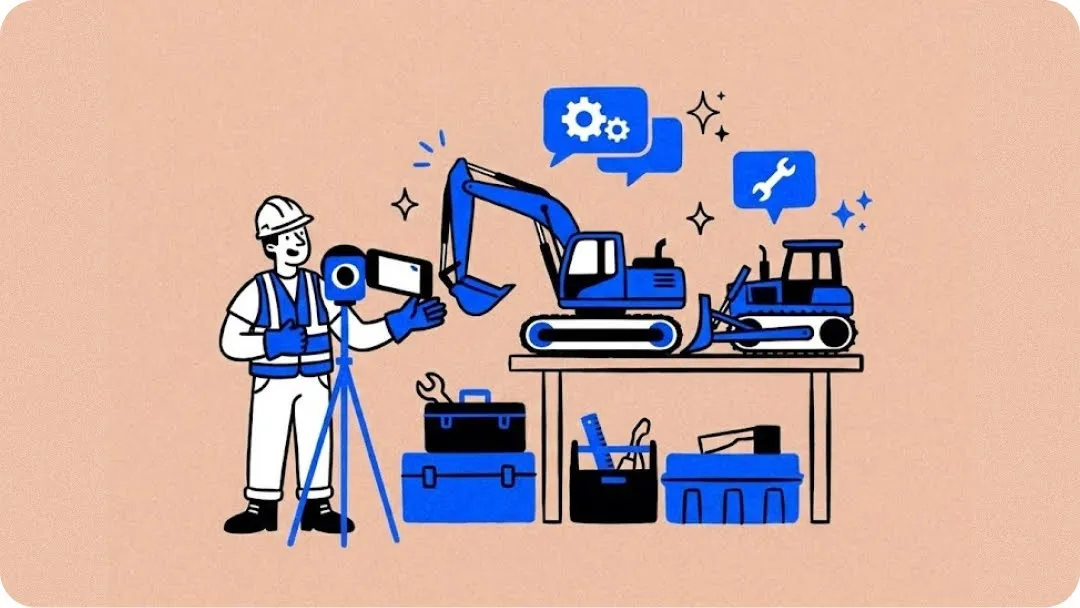
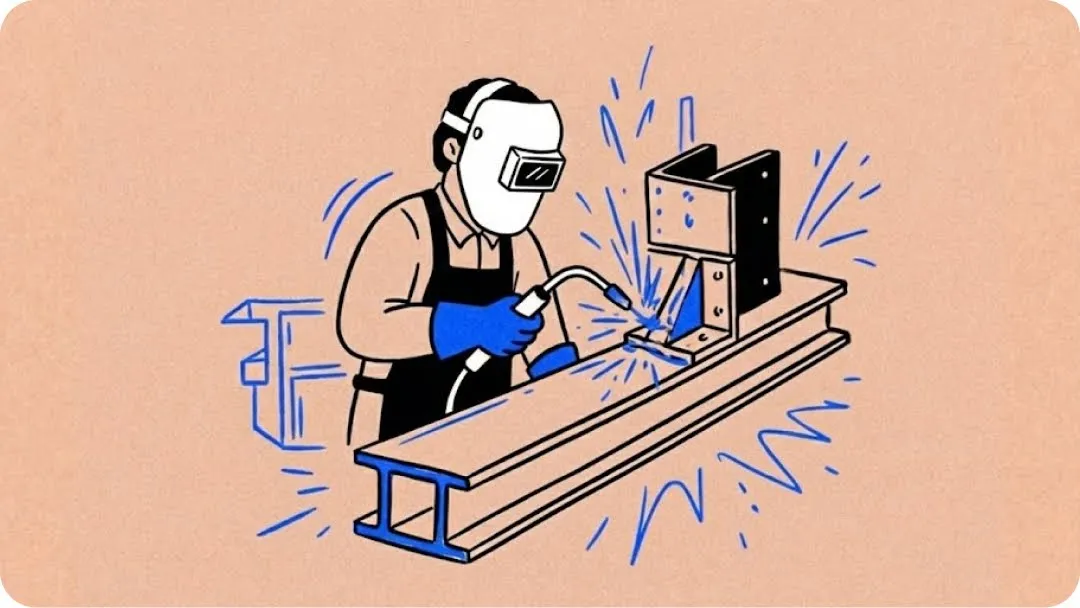
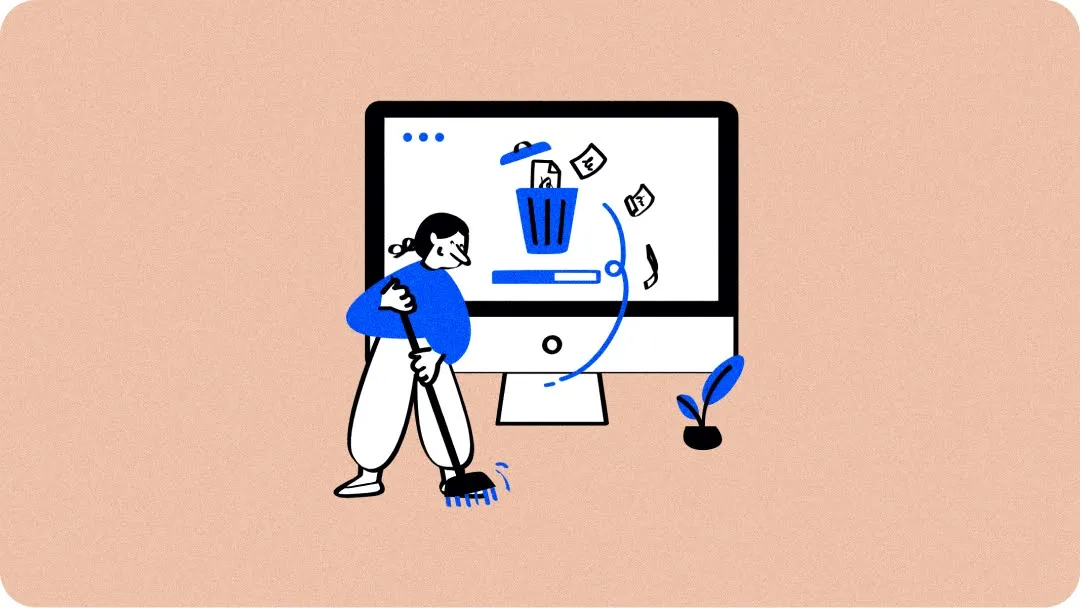
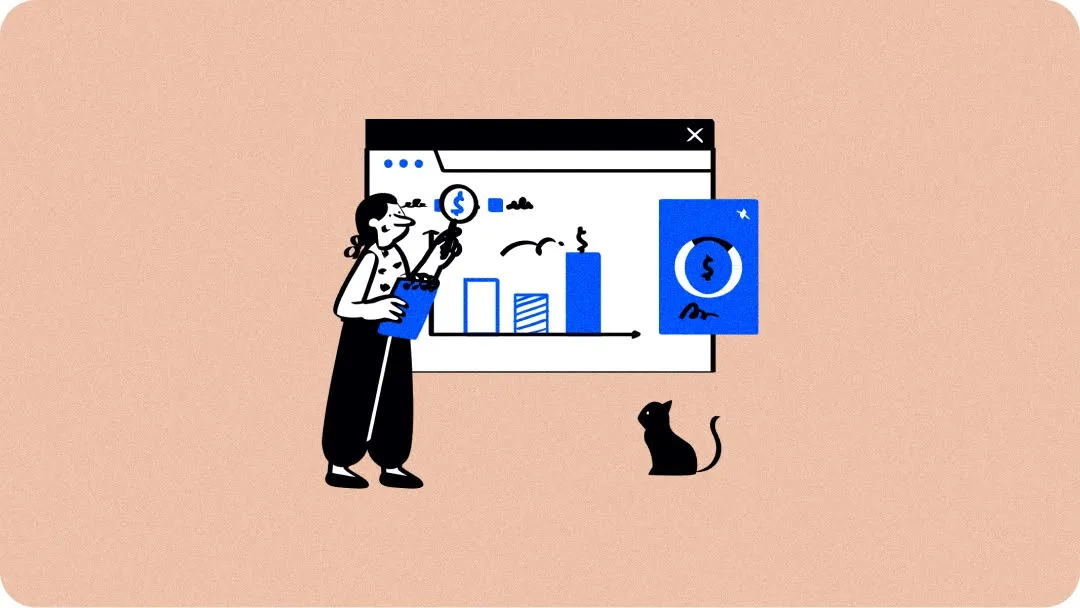




.webp)
.svg)


.svg)
.svg)
.svg)



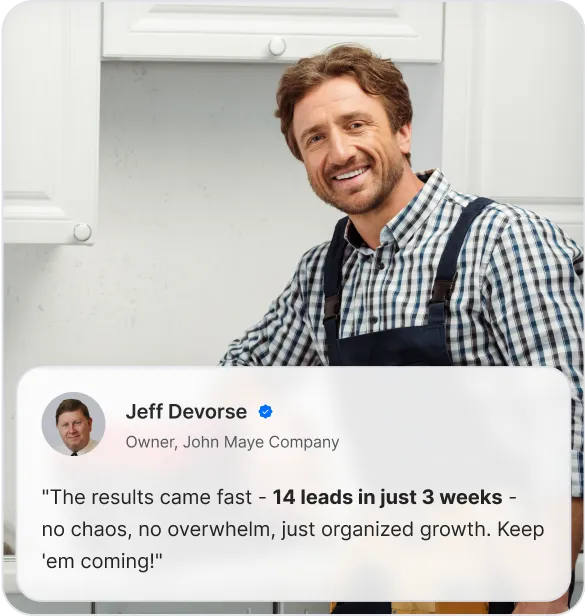
.svg)


